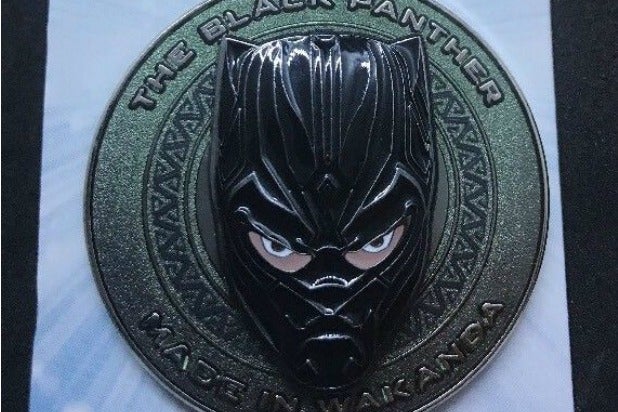Kendrick Lamar’s music often speaks to the Black experience in the United States.
His sophomore album, To Pimp A Butterfly, addresses issues surrounding race and oppression in Black communities. His song, “Alright” became an anthem for the Black Lives Matter (BLM) movement as it focuses on hope and survival as a Black person.
Kendrick Lamar @ The LA Protest 🤎
shot by Saul Lopez ✨ pic.twitter.com/Oxlx1g8sFc— RNB RADAR (@RNB_RADAR) June 9, 2020
Kendrick Lamar’s work makes him an icon in the hip hop and Black community. His efforts go beyond music and into civic engagement.
While we all know he is one to fight for racial equality, we wonder what he may be creating in the studio. Meanwhile, we take a look at some of his songs/performances that support BLM:
His 2016 Grammy performance
This performance was a pivotal point in Lamar’s career. His bold and powerful performance confronted the issues that plague the Black community in the United States.
Lamar, along with other Black men walked on stage as a chain gang to perform, “The Blacker the Berry” then “Alright”. The performance, dubbed controversial by some furthered the conversation about systemic racism.
“Alright”
Winning a Grammy for Best Rap Performance and Best Rap Song in 2015 and for Best Music Video in 2016, “Alright” offers hope amid the struggle of being a Black man. Billboard dubbed the song as “centripetal to a new age civil rights movement”.
“The Blacker the Berry”
The politically-charged song calls out the racism and oppression Black people face in the states. Out of the many lines that address his Blackness and how U.S. society views it, one, in particular, goes, “I mean, it’s evident that I’m irrelevant to society/That’s what you’re tellin’ me, penitentiary would only hire me.”
The video also highlights events of police brutality, like the infamous Rodney King beating in 1991.
XXX (featuring U2)
Featured in his fourth studio album, Damn., “XXX” dissects themes related to politics, violence, and racism.
One line goes, “Ain’t no Black Power when your baby killed by a coward/I can’t even keep the peace, don’t you fuck with one of ours” which speaks to Malcolm X’s views of defying racism by “any means necessary“, which includes violence.
“King Kunta”
Kunta Kinte is known as a fictional African slave who was kidnapped from Africa and transported across the Atlantic Ocean.
He became a slave by force in the Southern U.S. Featured in To Pimp a Butterfly, Kendrick relates his Black experience to that of Kinte’s. He talks about how he is oppressed like a slave but strong like a king.
It’s clear Kendrick approaches his songs with the intention of addressing issues relating to all facets of Blackness.
Speaking out against racism is controversial to some but Kendrick stays true to his Black experience and uses his platform accordingly. Inspired by the late Tupac Shakur, Kendrick follows in the footsteps of being a “voice for man one day.“




